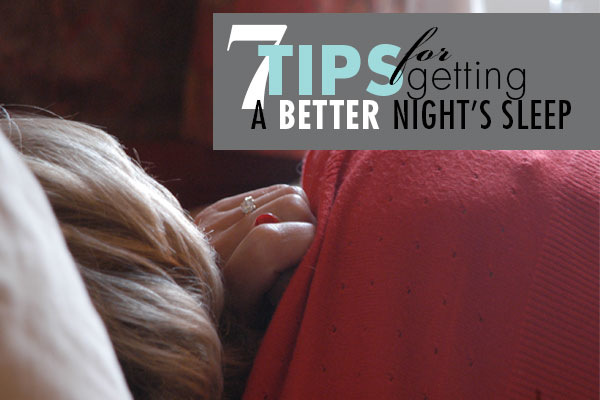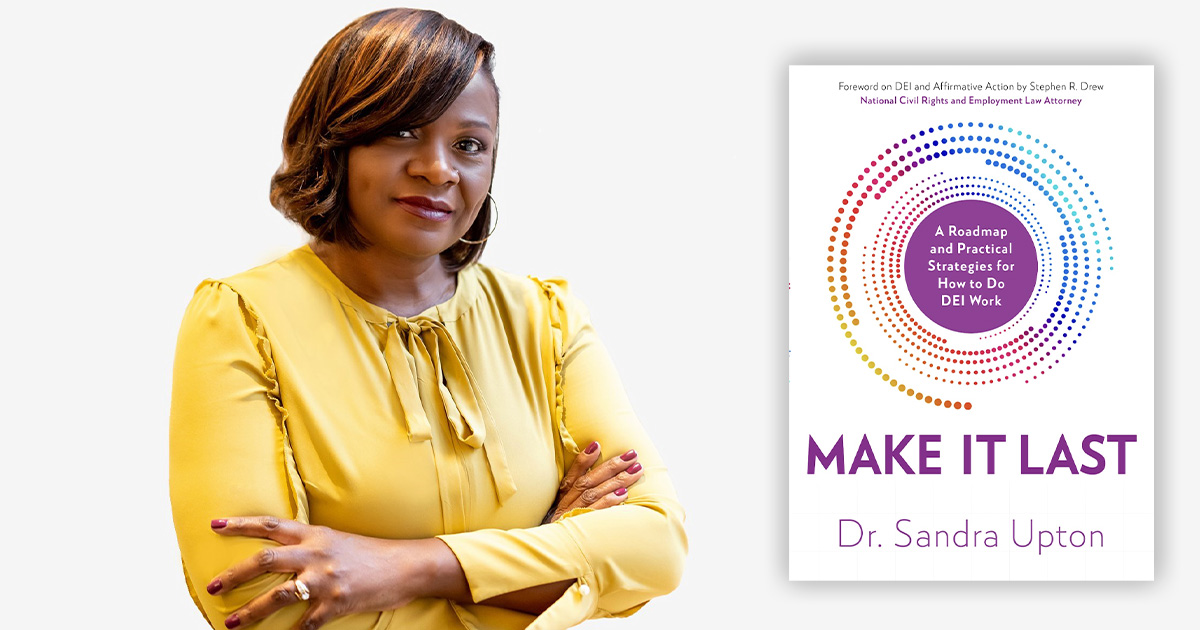If you have trouble falling asleep, staying asleep, or getting back to sleep, you're not alone. The National Institutes of Health estimates that twenty-five to thirty percent of Americans suffer from insufficient sleep.
"If you're waking up and not feeling refreshed in the morning, don't have energy later in the day, or you notice that you're not functioning as well or efficiently as you usually do, you may be sleeping poorly," said Christopher Morgan, MD, a neurologist and sleep medicine specialist at Mercy Health St. Mary's Sleep Center in Grand Rapids.
Whatever your symptoms are, don't ignore them. Start by taking these seven steps to boost your chances of getting better sleep.
1. Embrace bedtime. When our children are young, we often give them a set bedtime—but it turns out that adults' bodies thrive on a regular sleep schedule, too. Mitch Shooks, PICP 3, Grand Rapids Institute for Performance owner, estimates that seventy-five percent of his clients suffer from inadequate sleep. He encourages clients to set a routine and to get to bed sooner. "Earlier is better," Shooks explained. "I believe that every hour before midnight is worth two afterward." Dr. Morgan also advocates having a regular schedule, as an erratic schedule one is among the biggest causes of poor sleep. "Even on weekends," he said, "try to get as close to the same wake-up time as possible."
2. Pay attention to light. When you're getting ready for bed, Shooks suggests keeping your room pitch black. "It should be so dark that if it were daytime, you'd need to turn your lights on in order to see." The converse is true in the morning, when your body benefits from bright light. "After you wake up, getting exposure to bright sunlight helps to set the rhythm of your body for the day," said Morgan.
3. Relax. In addition to jettisoning bright lights, Morgan suggests you reserve time to wind down before bed. "Don't watch super-stimulating movies before bed, or look at a computer screen, iPhone, or other smartphone," he advised. Morgan explained that not only could the content stimulate your mind, but the blue light those devices emit could suppress your body's melatonin production, which in turn affects your sleep.
4. Get up. If you've given sleep a chance and it's been elusive for twenty to thirty minutes, Morgan said, get up. "Go outside the bedroom and do something else—something kind of boring, not stimulating. Organize something, for example. Then, when you feel sleepy, try again."
5. No naps. "Napping will generally decrease your ability to sleep at night," explained Morgan. If you feel like you must take a nap, he suggests you keep it short and efficient—ten to twenty minutes, tops.
6. Limit Late-in-the-Day Caffeine. Morgan suggests that his patients avoid caffeine at least eight hours before they go to bed. "A recent study showed that caffeine can affect sleep architecture up to six hours after drinking it," he said. If you typically go to bed around 10 or 11 p.m., he recommends not drinking caffeine after 2 p.m. "Even though it may not keep you awake, it may still affect quality of sleep you get."
7. Ditch worries. Many women find that their minds start spinning just as their bodies are ready to wind down. We think of the things we need to do tomorrow or worry about problems we can't possibly solve tonight. When Shooks' clients' thoughts are keeping them awake, he gives them a grateful journal. "I ask them to write down ten things they're thankful for every night," he said. "It usually takes about two weeks, and then they see improvement." He also has them use the back of the page to write down anything they want to remember for the next day.
If you have good sleep hygiene and are still having trouble getting adequate sleep, talk to your primary care doctor. He or she could do a basic screening to determine whether it's appropriate to refer you to a sleep study or specialist. Sleeping pills, if prescribed, may mask an underlying sleep disorder. You may want to seek an in-depth evaluation from a specialist instead.
"You know your own body," said Morgan. "If you know that there's something different going on than there was before, push your doctors to find out what it is. Being an advocate for yourself is important."
Written by Kirsetin Morello, a contributing writer for West Michigan Woman.




